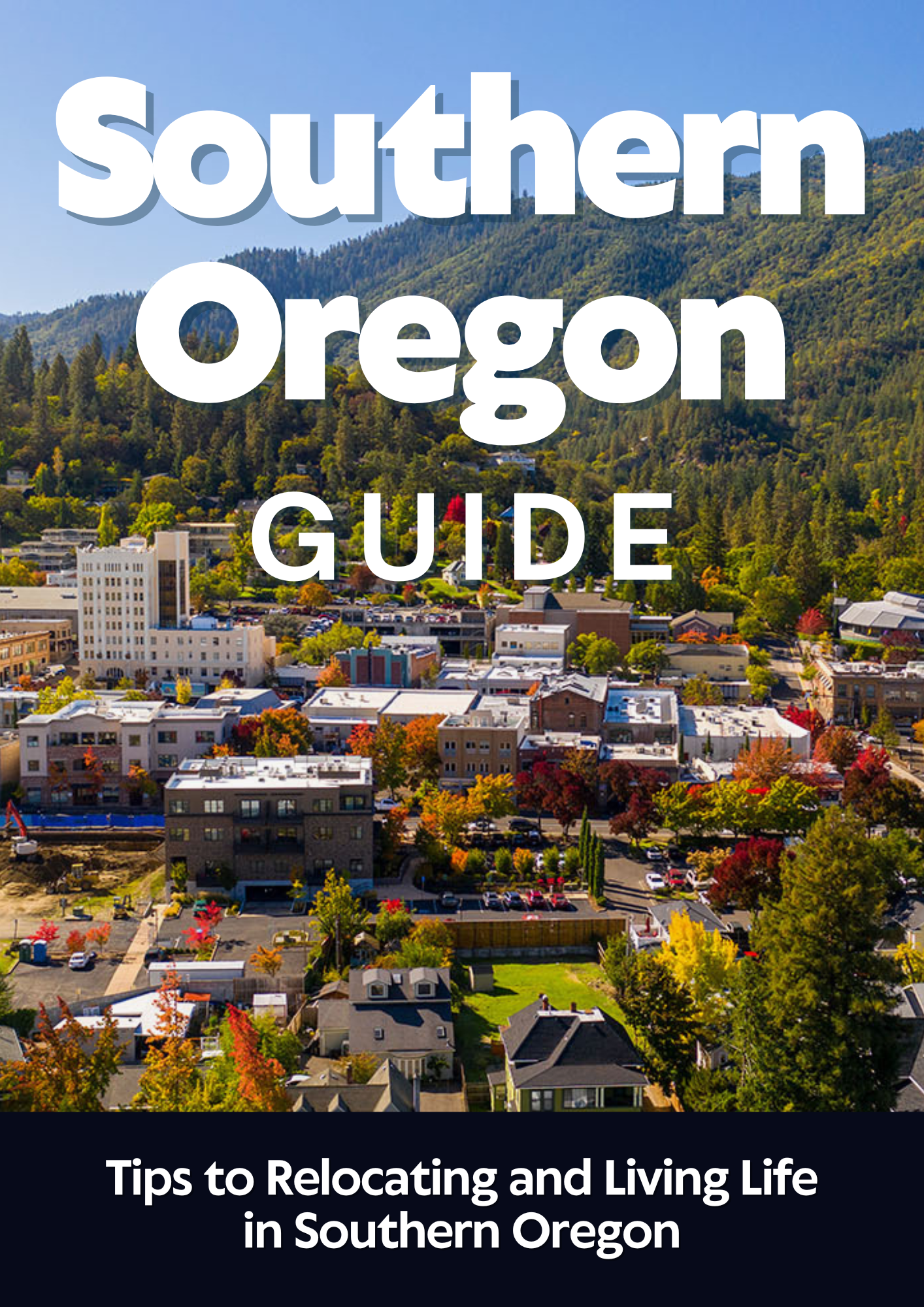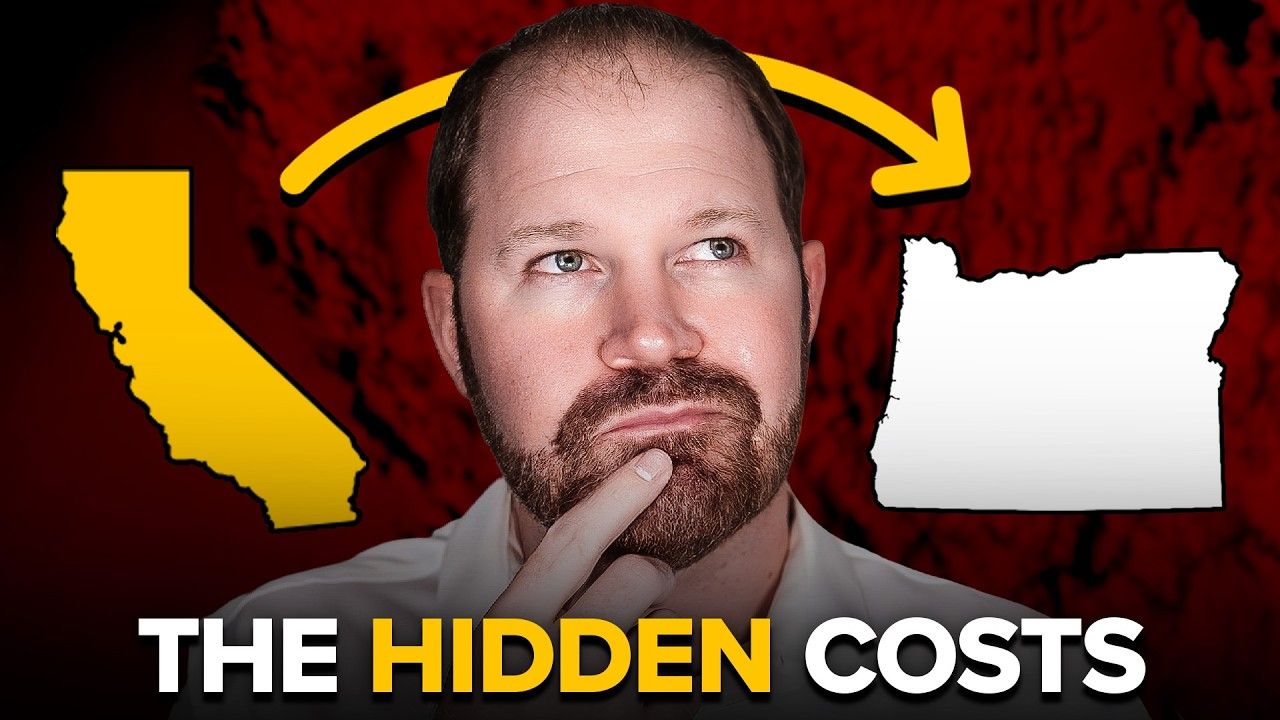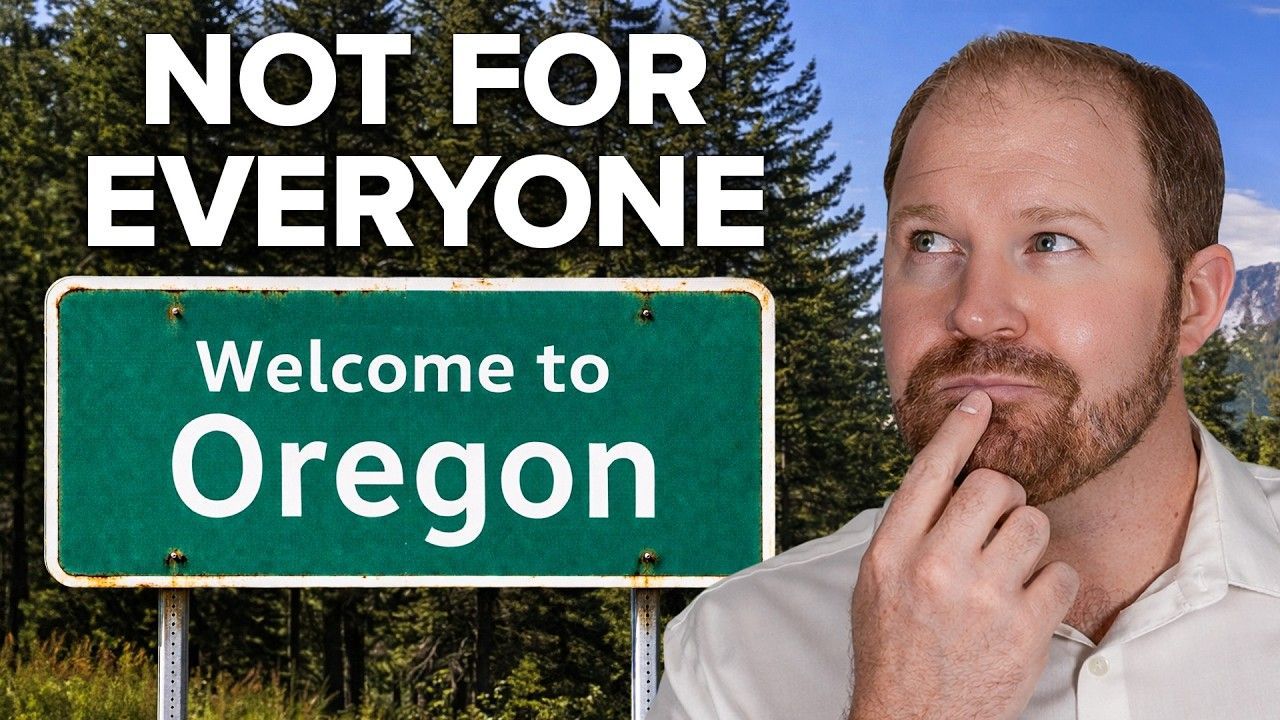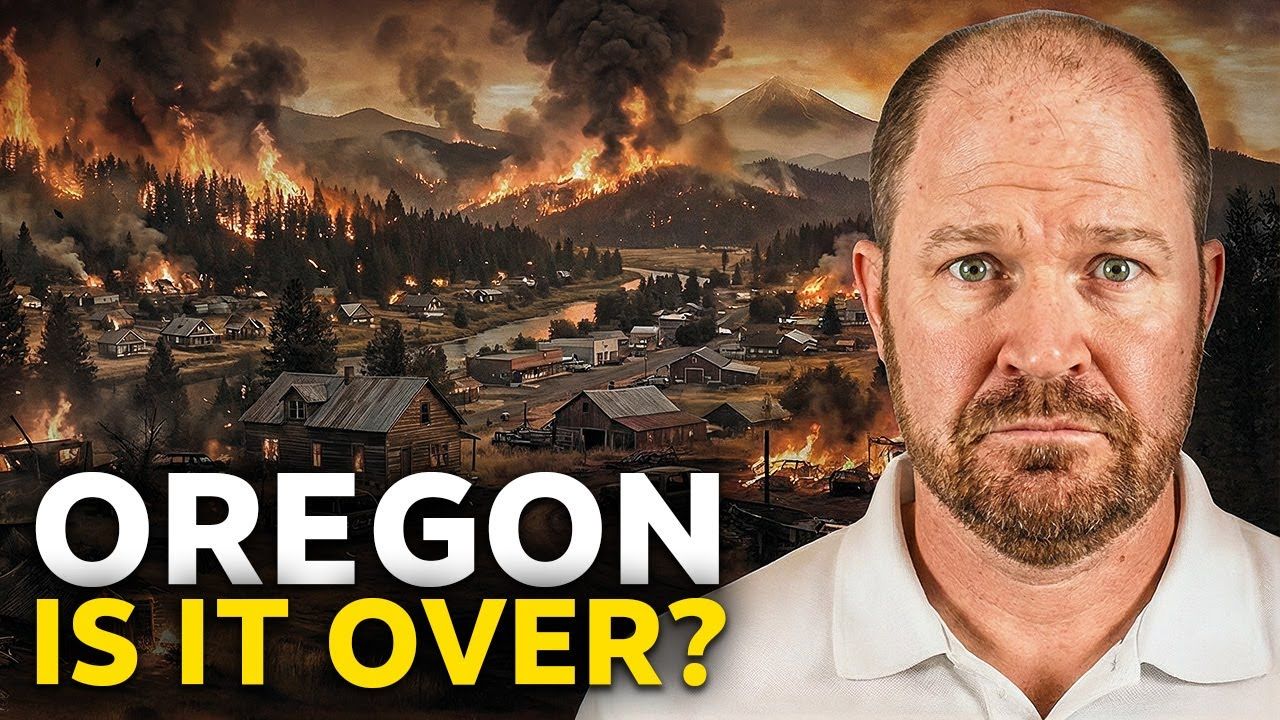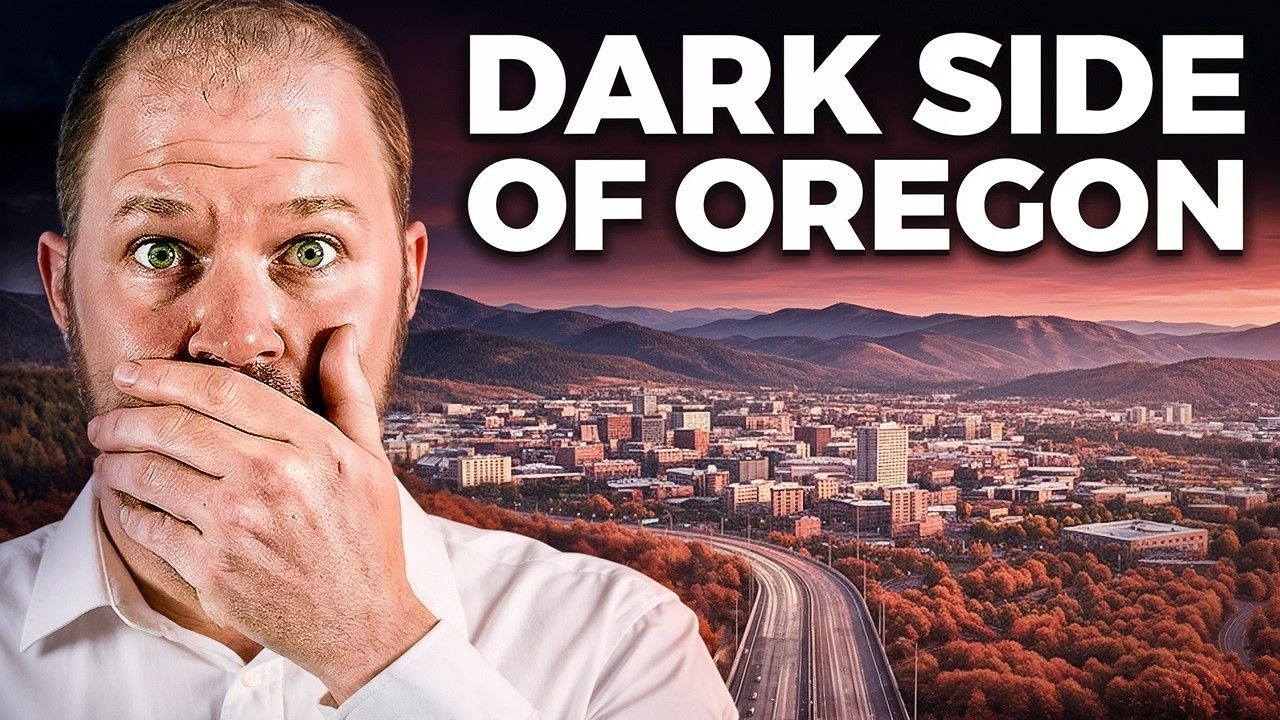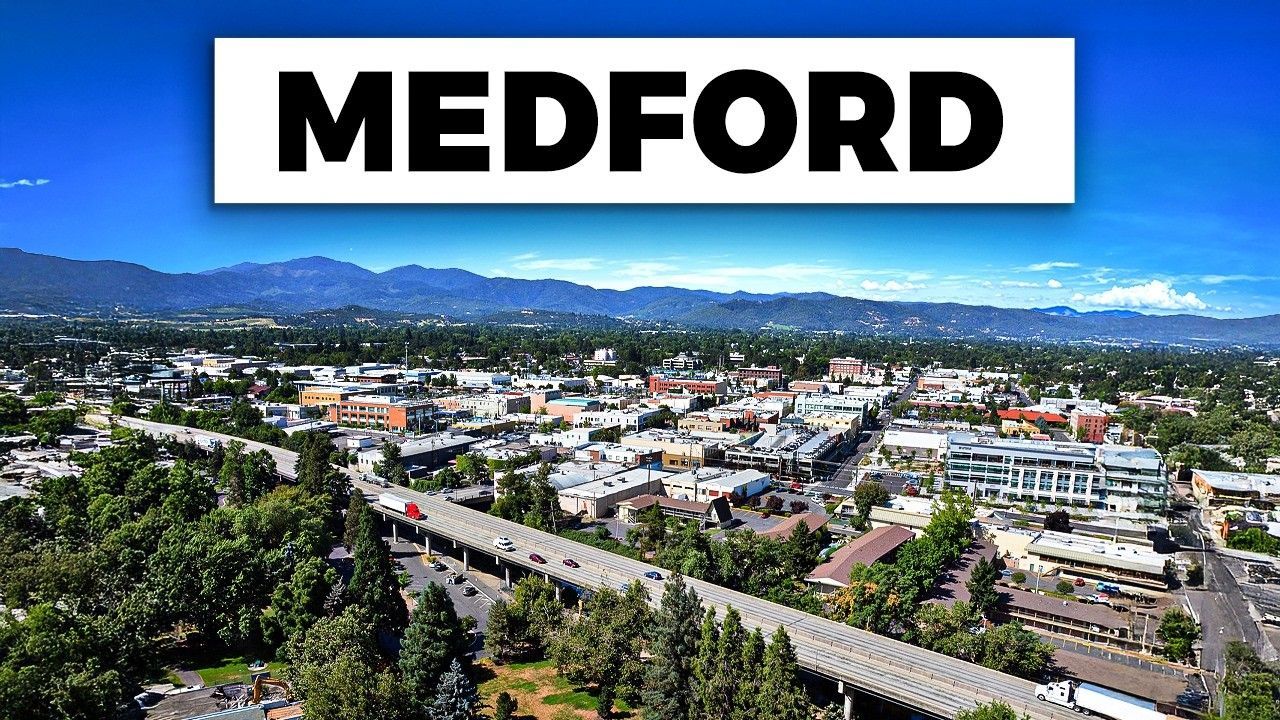The TRUTH About Oregon Shutting Down Small Farms
There’s been a lot of noise online about Oregon shutting down small farms and forbidding backyard gardens. As a long-time Oregon resident and local realtor, I’ve seen the panic: social posts claiming the state will send a trooper to knock down your tomato plants, headlines declaring that "Oregon owns the water" and that you must get permission to water anything on your property. I dug into the rules, the history, and the real limits—and I want to give you a clear, practical guide so you can make informed choices rather than panic.
Table of Contents
- Quick Answer: Can You Grow a Garden in Oregon?
- Where the Confusion Starts: Oregon and Water Law
- Surface Water vs. Groundwater: Definitions That Matter
- Exempt Uses for Surface Water (What You Can Do Without a Permit)
- Groundwater Exemptions: The Rule That Matters for Gardeners
- Domestic Use Exemption: Common Household Consumption
- The Important Fine Print: “Beneficial Use Without Waste” and Drought Regulation
- Who Decides if There’s a Water Shortage or Waste?
- Beneficial Use: What Qualifies?
- So What Does This Mean for Backyard Gardeners and Small Farms?
- Water Rights: What They Are and Why They Matter
- Drought, Groundwater Declines, and Enforcement Realities
- Practical Advice for Oregon Homeowners and Prospective Movers
- Common Misinterpretations Fueling the Panic
- Checklist for Buyers: What I Tell Clients Who Want to Garden or Farm in Oregon
- Why These Issues Are Cropping Up Now
- Conclusion: Don’t Panic—know the Rules and Plan Carefully
- FAQs About Oregon Shutting Down Small Farms
Quick Answer: Can You Grow a Garden in Oregon?
Short answer: yes. You can grow a garden in Oregon. Despite the viral claims that Oregon shutting down small farms means backyard gardens are illegal, Oregon law includes specific exemptions that allow non-commercial gardening and domestic uses. However, the situation is nuanced: the state controls water rights, drought restrictions can apply, and some larger or commercial operations do need formal water authorizations. Read on for the details and step-by-step guidance.
Where the Confusion Starts: Oregon and Water Law
The root of most of the panic is a simple—but often misunderstood—fact: in Oregon, the state regulates water. Since 1909 Oregon has treated surface water and groundwater as public resources that are allocated through a permit system administered by the Oregon Water Resources Department (OWRD). That’s been true for well over a century, and it’s the basis for the claim that the state “owns the water.”
But there’s an important distinction between regulation and prohibition. Requiring permits or water rights does not automatically mean individual homeowners can’t use water for common things like watering a small garden or supplying a household. The OWRD also spells out exempt uses. The panic stems from people seeing “state control” and leaping directly to “you can’t garden.” That leap is wrong.
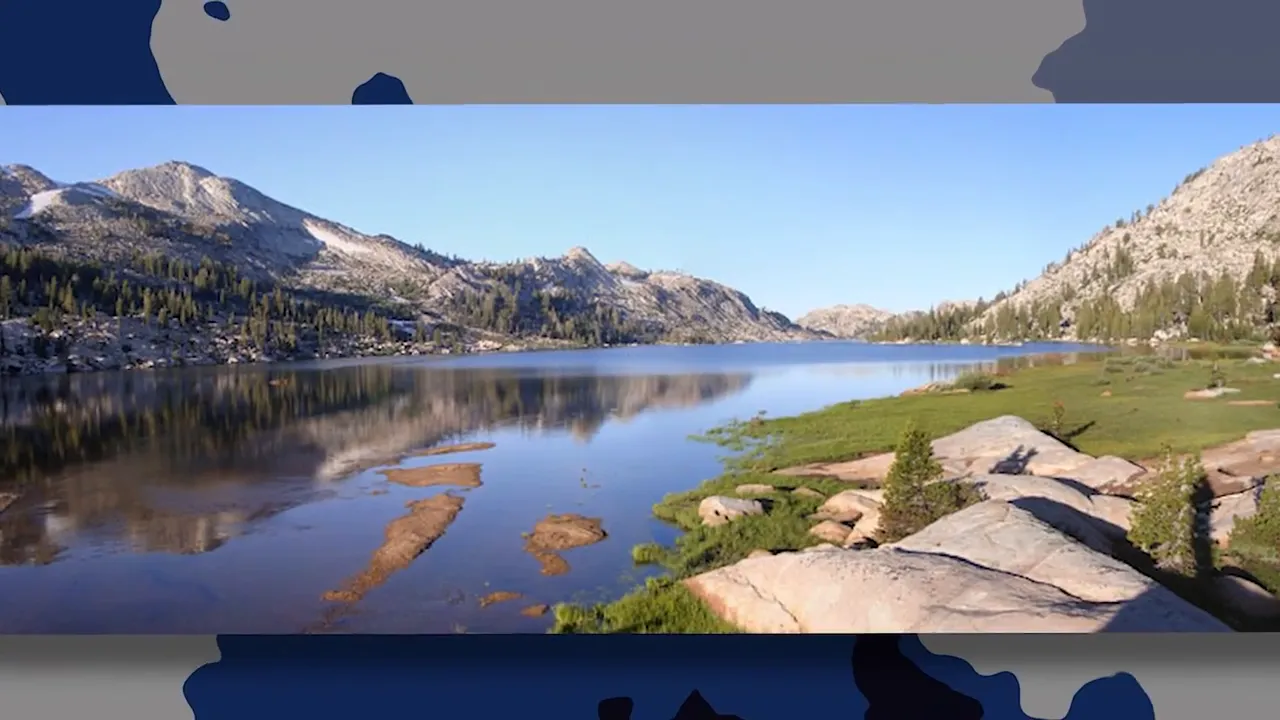
Surface Water vs. Groundwater: Definitions That Matter
Oregon law separates surface water from groundwater, and the exemptions for each differ—so it’s worth understanding the basic definitions:
- Surface water includes rivers, streams, lakes, ponds, and reservoirs.
- Groundwater is water stored or transmitted beneath the surface, like springs and aquifers—this is typically what a private well taps.
Both types of water fall under state oversight when it comes to allocations and rights. Still, the law lists categories of exempt uses that allow many everyday activities without a formal water permit.
Exempt Uses for Surface Water (What You Can Do Without a Permit)
The state lists several surface water uses that do not require a permit, including:
- Natural springs that do not form a channel that flows off the property where the spring originates.
- Stock watering —the watering of livestock from permitted reservoirs, tanks, troughs, or piped surface sources to off-stream tanks in certain conditions.
- Rainwater collection from impervious surfaces like roofs.
- Exemptions related to fish protection, fire control, forest management, and certain land-management and water reuse activities.
Those surface water exemptions are helpful in many rural and agricultural settings. But the part of the law causing the most grief relates to groundwater exemptions—the ones that apply to wells and backyard irrigation.
Groundwater Exemptions: The Rule That Matters for Gardeners
For groundwater (wells), the OWRD lists a few key exemptions. The two you’re most likely to care about are:
- Stock watering(for livestock); and
- Lawn and non-commercial gardening —this is the critical one for homeowners.
Specifically, the non-commercial gardening exemption allows watering for residential, non-commercial uses up to a half-acre (0.5 acres). That means you can water a backyard garden without a permit so long as it is not commercial and is under that half-acre threshold. If your garden is commercial (selling produce) or larger than a half-acre, you will generally need a water use authorization or water right.
Domestic Use Exemption: Common Household Consumption
There’s also a domestic use exemption for single or group domestic purposes that covers up to 15,000 gallons per day. To put that in perspective, average household use is roughly 100 gallons per person per day, so 15,000 gallons is a very generous allowance for typical residential consumption.
The Important Fine Print: “Beneficial Use Without Waste” and Drought Regulation
Here’s where the assurances shift from “you’re fine” to “maybe watch out.” The exemptions are allowed only if the water is used for a beneficial purpose without waste, and they may be subject to regulation during times of water shortage.
That language matters for two reasons:
- Beneficial use without waste is a standard in western water law. It means you must use water efficiently and no+-t waste it. The state can enforce this by asking you to change or reduce use if it determines waste is occurring.
- Water shortage regulation gives the state authority to curtail certain uses when water is scarce. If the Water Resources Commission declares a shortage, even exempt users may face restrictions.
Who Decides if There’s a Water Shortage or Waste?
The Oregon Water Resources Commission (a seven-member board appointed by the governor, with representatives from water districts around the state) has the authority to declare shortages and to set policy. That means a local board—not a random social poster—decides whether, and when, curtailment is necessary.
When the Commission and OWRD act, the focus is to protect senior water rights, instream flows for fish and ecosystems, and the overall sustainability of the water supply. That’s why sometimes well owners in drought-impacted areas wake up to lower water tables or restrictions—because the physical supply has declined or because higher-priority rights are being honored.
Beneficial Use: What Qualifies?
Beneficial uses under Oregon law include a variety of activities: irrigation, municipal supply, manufacturing, recreation, and, importantly since 1987, instream flow protection. That last one means the state can hold water in place to protect fish and ecosystems, which can reduce available supply for some users.
Water rights holders are entitled to use the water up to the amount authorized for their stated beneficial use. Exempt uses are not water rights in the traditional sense; they are permitted by statute until they run afoul of "no waste" or availability rules.
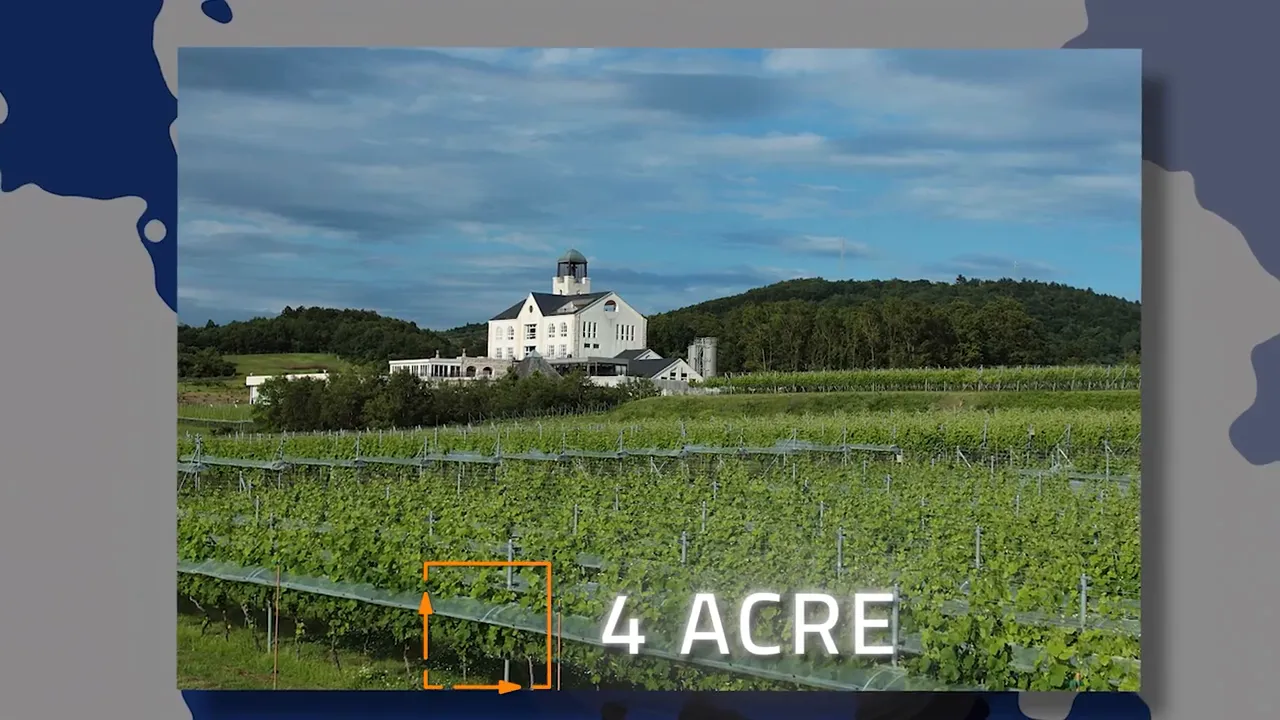
So What Does This Mean for Backyard Gardeners and Small Farms?
Here’s the practical breakdown:
- If you’re watering a backyard garden under half an acre for your household, and your well is up to standard, you do not need a state permit. You are not part of a statewide program of criminalizing gardening.
- If you’re irrigating a garden that is larger than half an acre, or you’re growing crops for sale (commercial irrigation), you will likely need water rights or a water use authorization.
- If you draw more water than is allowed by the domestic exemption, if regulators find waste, or if the Water Resources Commission declares shortage curtailments in your area, your use may be restricted.
In plain terms: the myth that Oregon shutting down small farms means you can’t garden at home is false. However, the state does regulate larger and commercial uses more strictly, and drought-era curtailments can affect both new and existing users depending on priority.
Water Rights: What They Are and Why They Matter
If you plan to grow on a larger scale—say several acres or commercially—you’ll need a water right. Properties that have historically been irrigated or lie within irrigation districts often come with water rights attached. That’s fortunate, because obtaining new water rights, especially in drought-prone regions, is increasingly difficult.
Water rights in Oregon are prioritized by seniority: older rights typically have priority over newer ones. When shortages occur, junior rights are curtailed first. That’s why checking the history of a property and its water rights is essential before buying land intended for larger-scale agriculture.
Drought, Groundwater Declines, and Enforcement Realities
Southern Oregon, like many western regions, has experienced significant drought events in recent years. Reservoirs are low, groundwater tables have dropped in some basins, and the state has been under pressure to manage limited supplies. Those conditions lead to two observable effects:
- Stricter review and enforcement of water rights and permits; and
- Increased scrutiny of new well applications and of existing wells in sensitive basins.
There are also practical instances—such as unauthorized pumping by some large users—where local managers had to step in. Headlines about enforcement and disputes can spark widespread fear and the viral claims that Oregon shutting down small farms is a reality. In most cases, local and state agencies are targeting large or unauthorized users and managing allocations rather than targeting household gardeners.
Practical Advice for Oregon Homeowners and Prospective Movers
If you're living in Oregon or thinking about moving here and you care about growing a garden or running a small farm, here’s a practical checklist to protect yourself and your plans:
- Check whether a property has a water right. Ask your realtor for the water right status—irrigation district access, well declarations, or recorded water rights are often listed in property disclosures.
- Confirm well construction standards. Exempt wells supplying groundwater uses must meet Oregon’s minimum well construction standards. Make sure permits and inspections are documented.
- Know the half-acre rule. Non-commercial gardening under 0.5 acres is generally exempt—keep your non-commercial garden within that limit if you want to avoid permitting concerns.
- Plan for drought. Design efficient irrigation systems, choose drought-tolerant crops, and monitor seasonal allocations and announcements from the Water Resources Commission.
- Document your use. Keep records of pump tests, well yields, and irrigation layouts—these can be important if there’s ever a question about beneficial use or waste.
- Consult the OWRD. If you’re unsure, reach out to the Oregon Water Resources Department or a local water attorney—these agencies and professionals can clarify whether your planned use needs authorization.
Common Misinterpretations Fueling the Panic
Here are the common misinterpretations I see that lead people to believe Oregon shutting down small farms is imminent:
- “The state owns all the water, so you can’t use it.” Ownership vs. regulatory control are different. The state regulates allocation—it doesn’t make gardening illegal.
- “If a law says you need a permit, you can’t do anything without it.” Exemptions exist for many residential and non-commercial uses.
- “Shortage declarations mean individual gardeners will be prosecuted.” In practice, curtailments typically protect senior rights and critical instream needs; enforcement targets misuse more than ordinary household gardens.
- “If you have a private well, the state can cut it off any time.” The state’s authority is to manage resources; it does not randomly seize wells. But wells in certain basins can be curtailed if they conflict with prior rights or critical needs.
Checklist for Buyers: What I Tell Clients Who Want to Garden or Farm in Oregon
As a realtor, these are the questions I ask and steps I recommend for clients who want to garden or start a small farm in Oregon:
- Does the property have recorded water rights? If yes, what type and how much?
- Is the property in an irrigation district? What does the district documentation show?
- Is the well permitted and up to Oregon’s minimum well construction standards?
- What is the basin’s status regarding shortages, curtailments, or special management rules?
- Does the client plan to sell produce? If yes, consult on obtaining water use authorization for commercial irrigation.
- Ask the seller for pump test logs or irrigation maps—these provide realistic expectations of what’s feasible.
Why These Issues Are Cropping Up Now
Two big trends make water questions more visible today:
- Drought and climate variability. Lower reservoir levels and stressed aquifers make allocation decisions more common and more urgent.
- Increased scrutiny and enforcement. When unauthorized or excessive users are discovered, headlines follow. Those headlines get turned into dramatic social posts that spread fear.
Combine those with a lack of public understanding about exemptions and the permit system, and you have a fertile environment for viral misinformation about Oregon shutting down small farms. The truth is more mundane: the state is exercising longstanding authority to manage limited water resources while allowing everyday residential gardening under clearly stated exemptions.
Conclusion: Don’t Panic—know the Rules and Plan Carefully
If you’re worried because you saw social posts or headlines claiming Oregon shutting down small farms, take a deep breath. The law allows non-commercial gardening on wells up to a half-acre without a permit, provided you use the water beneficially and without waste, and provided you comply with minimum well standards. Commercial growing and larger irrigated areas are where water rights and permits become essential.
My recommendation: if you’re buying property intending to grow food, ask direct questions about water rights, check for well permits and pump tests, and plan your garden size and irrigation efficiency with an eye to drought resilience. When in doubt, contact OWRD or a water professional for clarity. Being informed is the best defense against misinformation and unnecessary worry.
FAQs About Oregon Shutting Down Small Farms
Is Oregon actually shutting down small farms?
No. The state is not conducting a broad program to shut down small, non-commercial backyard gardens. However, Oregon does regulate water via permits and water rights. Commercial farms and large-scale irrigation can require water rights and may face curtailment during droughts.
Can I water my backyard garden from my private well?
Yes, if the garden is non-commercial and under a half-acre, it generally falls under the groundwater exemption for lawn and non-commercial gardening. The well must meet Oregon’s minimum well construction standards, and your use must be for a beneficial purpose without waste.
What counts as commercial irrigation?
Growing crops that you sell or otherwise use commercially is considered commercial irrigation and typically requires a water use authorization or a water right. If you’re planning to sell produce, plan for permitting and legal water access.
Who decides when water use must be curtailed?
The Oregon Water Resources Commission, along with OWRD staff, sets and enforces curtailment decisions. The Commission is composed of appointed members representing different water districts.
Can the state shut off my private well?
The state does not arbitrarily shut off wells. However, if your well use conflicts with senior water rights, causes waste, or you're in a basin under a regulatory curtailment, restrictions could be imposed. Good well construction, documentation, and responsible use reduce risk.
How do I find out if a property has water rights?
Ask your realtor or request a title search. Property disclosures and irrigation district records will often show water right status. You can also check with the Oregon Water Resources Department for recorded water rights information.
What should new Oregon residents do if they want to garden or farm?
Start by researching the property’s water status, confirm well permits, plan garden size under the half-acre exemption if non-commercial, and consider drought-resilient irrigation practices. If you plan to farm commercially, factor in the time and complexity of obtaining water rights.
If you want a hand sorting water rights or evaluating a property’s irrigation potential, I help buyers and sellers with these exact questions every day. Reach out and let’s make sure your Oregon gardening or farming plans are built on a solid, water-aware foundation—without the panic.
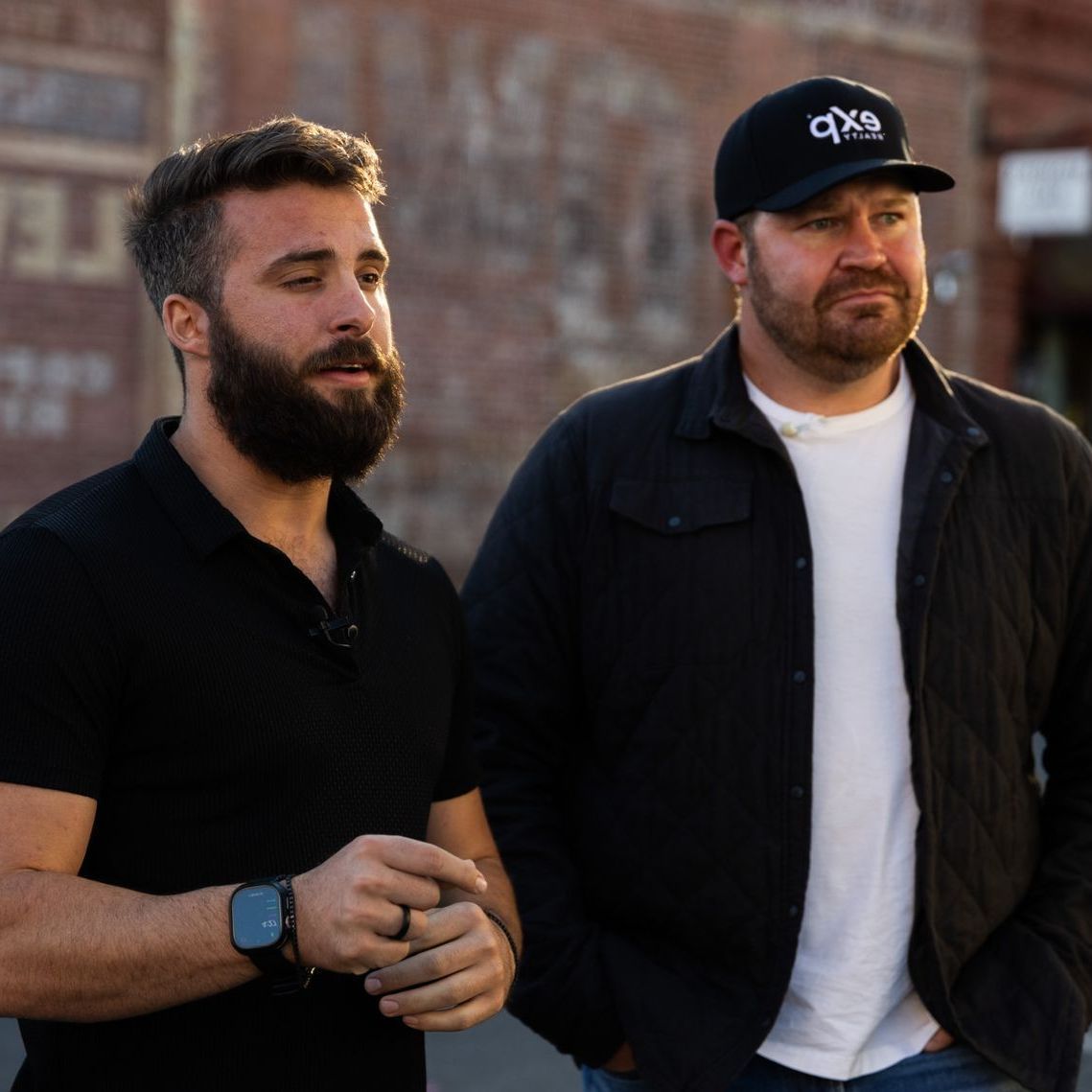
Buying Southern Oregon
At Buying Southern Oregon, we are a dynamic team dedicated to helping you achieve your real estate goals. Combining Brian Simmons’ deep market expertise and Josh Berman’s strong negotiation skills, we provide personalized service and local knowledge to ensure a seamless and rewarding experience. Whether you’re buying, selling, or relocating, we’re here to guide you every step of the way and make your Southern Oregon real estate journey a success.

